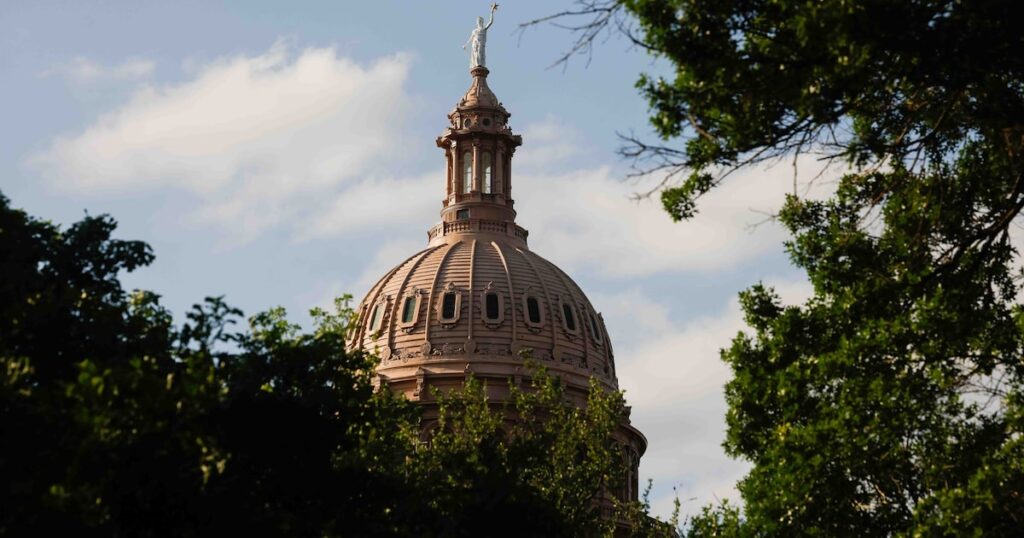In dozens of new and proposed laws, Texas has expanded the reach of state government lately. If we keep going down this path, we may need to rename our home Texafornia.
Last session, lawmakers in Austin eroded the principle of local control by telling community leaders — those closer to the people who elected them — that they can’t set local rules related to important areas such as labor, agriculture, natural resources and finance.
In 2015, the Legislature made it harder for Denton residents to escape noise and toxic fumes from fracking wells near their own backyards, despite the fact that most Dentonites and their elected leaders wanted to ban that activity, according to the Texas Tribune.
The old saying that potholes and parks aren’t partisan doesn’t hold true in Texas. One bill currently being considered would strip communities of authority over such plainly local issues as bike lanes and sidewalks.
Austin has tried to dictate how Dallas, Houston and other metro areas spend their budgets, run their elections, protect Uber riders and get rid of plastic bags.
One measure, which failed, thankfully, would have absorbed the entire city of Austin into a Legislature-controlled colony of the state, without local elections.
And it’s not just local governments the Legislature is targeting. Private enterprise isn’t safe from Central Command either.
Texas Attorney General Ken Paxton has gone snooping around internal policies of Texas banks and threatened to punish them if they don’t align with the Texas GOP social agenda.
The state Senate passed a bill Wednesday that would tell private events what they can allow through the door. If you’re throwing a concert or a festival on public land, guns are always welcome, even if the landowner, event host and attendees want it otherwise.
The politicians also want to take control of universities, threatening the principle of academic freedom which has underpinned the expansion of human knowledge for centuries.
Energy is an industry ripe for government intrusion too. One bill, which has already passed the Senate this session, would set a government quota for how much of the state’s power is produced by fossil fuels. Another bill would add permitting restrictions to solar and wind energy producers far out of line with regulations imposed on thermal sources.
Meanwhile, we know of no new laws that restrict oil and gas companies, gun sales or other industries favored by the controlling party.
The pattern here isn’t one of expanding freedoms; it’s one of choosing winners and losers. If you’re an oil company or gun show, the state of Texas is interested in protecting your liberties. But if you’re a solar energy company or public school district, you get big government regulation.
In most cases, the problems lawmakers are trying to address are real. Many university faculties are politically homogeneous. Cities sometimes pass bad ordinances. Corporations can get political. But if Texas leaders continue to favor big government solutions to these problems instead of letting markets sort themselves out, then we risk turning into the Republican version of California.
Government works best when it does the least, and does it on the local level. The fact that Texas is controlled by Republicans doesn’t immunize it from regulation creep. Austin doesn’t need its hand in every jar.


